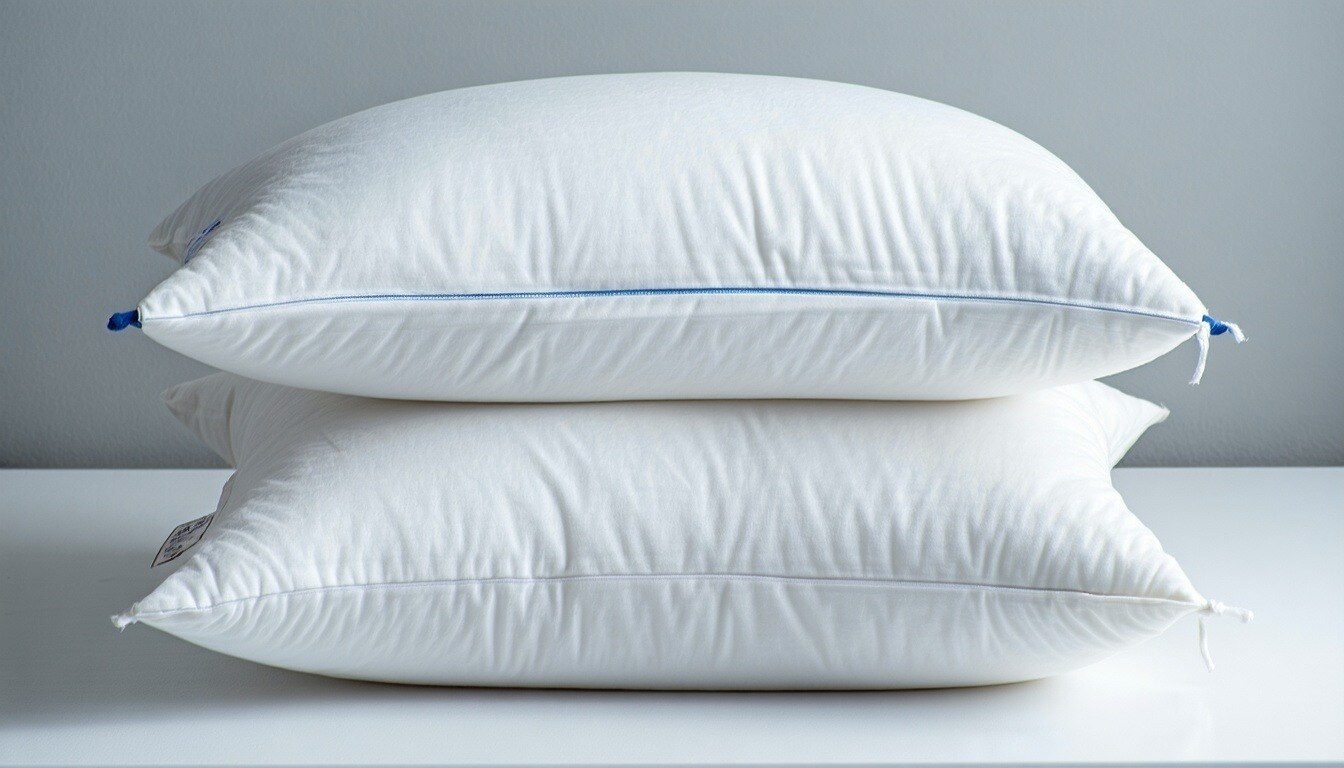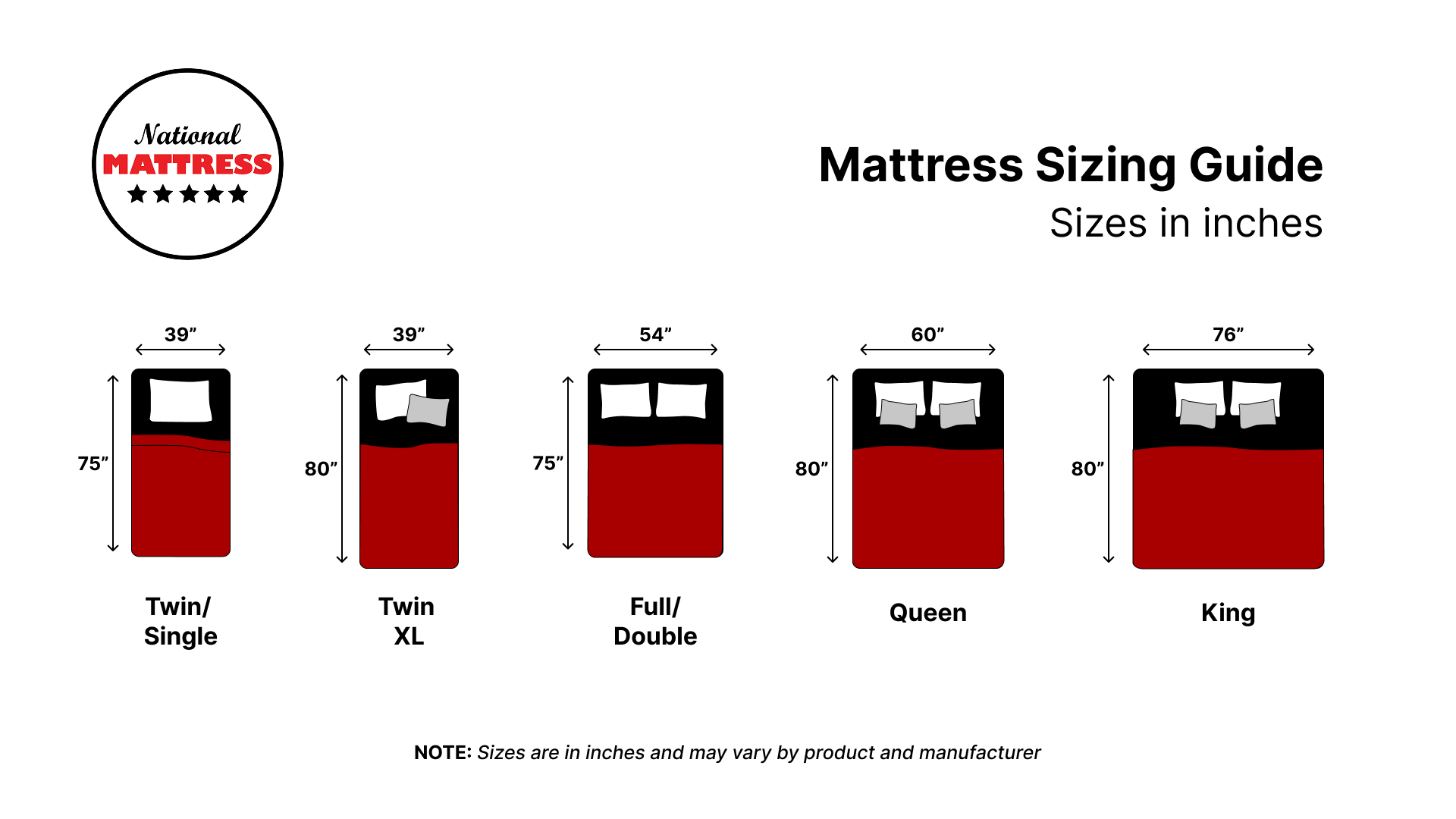
Hard or Soft Pillow? Which One Should You Choose?
No one can overstate the importance of a good pillow when it comes to getting quality sleep. But choosing the right one isn’t always easy. Should you go for a soft, plush pillow that you can sink into? Or is a firmer pillow better for support? The truth is, the best pillow for you depends on how you sleep, your personal preferences, and any physical needs you may have. Let’s break down the pros and cons of hard vs. soft pillows, explore the most common pillow materials, and help you figure out which one might be your perfect match.
Why a Quality Pillow Matters
A high-quality pillow does more than just feel good — it plays a crucial role in supporting your head, neck, and upper back while you sleep. The right pillow helps maintain proper spinal alignment, reducing the risk of waking up with stiffness, aches, or pain. And because good sleep is linked to everything from better focus to improved overall health, investing in the right pillow is one of the simplest ways to improve your well-being.
What to Look for in a Quality Pillow
When shopping for a new pillow, there are three key factors to consider: loft, firmness, and material.
-
Loft: Refers to the height of the pillow. Low loft pillows sit closer to the mattress, while high loft pillows are taller and more supportive.
-
Firmness: Pillows range from soft to medium to firm, and the right firmness for you depends largely on how you sleep.
-
Material: Different materials offer varying levels of support, comfort, and durability.
Common Pillow Materials
Natural Latex
Made from the sap of rubber trees, latex pillows are naturally supportive and durable. They hold their shape well over time and come in a range of firmness options. They’re also resistant to dust mites and allergens, making them a great option for allergy sufferers.
Feather or Down
These pillows are known for their plush, cloud-like softness. Filled with either natural goose feathers or synthetic down alternatives, they’re lightweight and easy to shape. However, they do require regular fluffing and can flatten over time. They’re also less resistant to moisture and may be unsuitable for people with allergies.
Polyfill
Polyfill pillows are made from synthetic polyester fibers. They’re affordable, lightweight, and easy to maintain. While they’re often less breathable than natural materials, they’re a budget-friendly option with decent support.
Memory Foam
A popular choice for people seeking customized support, memory foam pillows contour to your head and neck. They’re great for pressure relief but may retain heat. Many brands now offer cooling memory foam or gel-infused versions to counteract this issue.
Shredded Memory Foam
These pillows are filled with tiny pieces of memory foam, making them more breathable and adjustable than solid memory foam options. You can fluff and shape them to your preference, which is helpful if you shift sleeping positions during the night.
Hard vs. Soft Pillows: Which One Is Right for You?
Factors to Consider
-
Sleeping Position: The way you sleep greatly impacts which pillow firmness works best.
-
Body Weight: Heavier individuals may need firmer pillows for support, while lighter sleepers often prefer softer options.
-
Physical Conditions: If you experience neck pain, back pain, or joint stiffness, the right firmness can make a big difference in reducing discomfort.
Sleeping Position Guide
Back Sleepers
Back sleepers need a pillow that provides gentle neck support without pushing their head too high. A medium-firm pillow with medium loft is usually ideal. Memory foam or latex can work well, as they offer supportive contouring without excessive softness.
Stomach Sleepers
For stomach sleepers, maintaining spinal alignment is crucial. A soft, low-loft pillow is typically best to prevent your head from being forced upward into an unnatural angle. Feather or down pillows are a popular option, as they compress easily to the right height.
Side Sleepers
Side sleepers need a firmer, higher-loft pillow to keep their head and neck aligned with their spine. This helps fill the gap between the shoulder and head, preventing neck strain. Memory foam, latex, or firm polyfill pillows are often the best choice.
Combination Sleepers
If you tend to shift positions throughout the night, a medium-firm pillow with an adjustable loft (like a shredded memory foam pillow) offers versatility and support in different sleeping positions.
Final Thoughts: What’s the Best Pillow for You?
Ultimately, choosing between a hard or soft pillow comes down to personal preference, combined with how you sleep and any physical needs you may have. Whether you’re a side sleeper needing firm support or a stomach sleeper who craves soft comfort, the key is finding a pillow that promotes proper spinal alignment and leaves you waking up refreshed.
As always, prioritize quality over price. A well-made pillow lasts longer, performs better, and provides better value in the long run. If you’re ready to upgrade your sleep, check out our range of pillows designed to match every sleep style and comfort preference.


